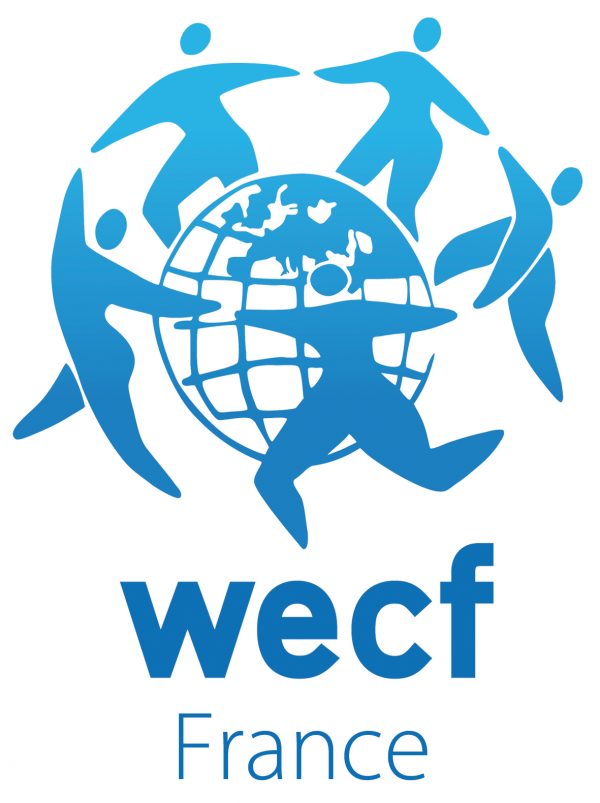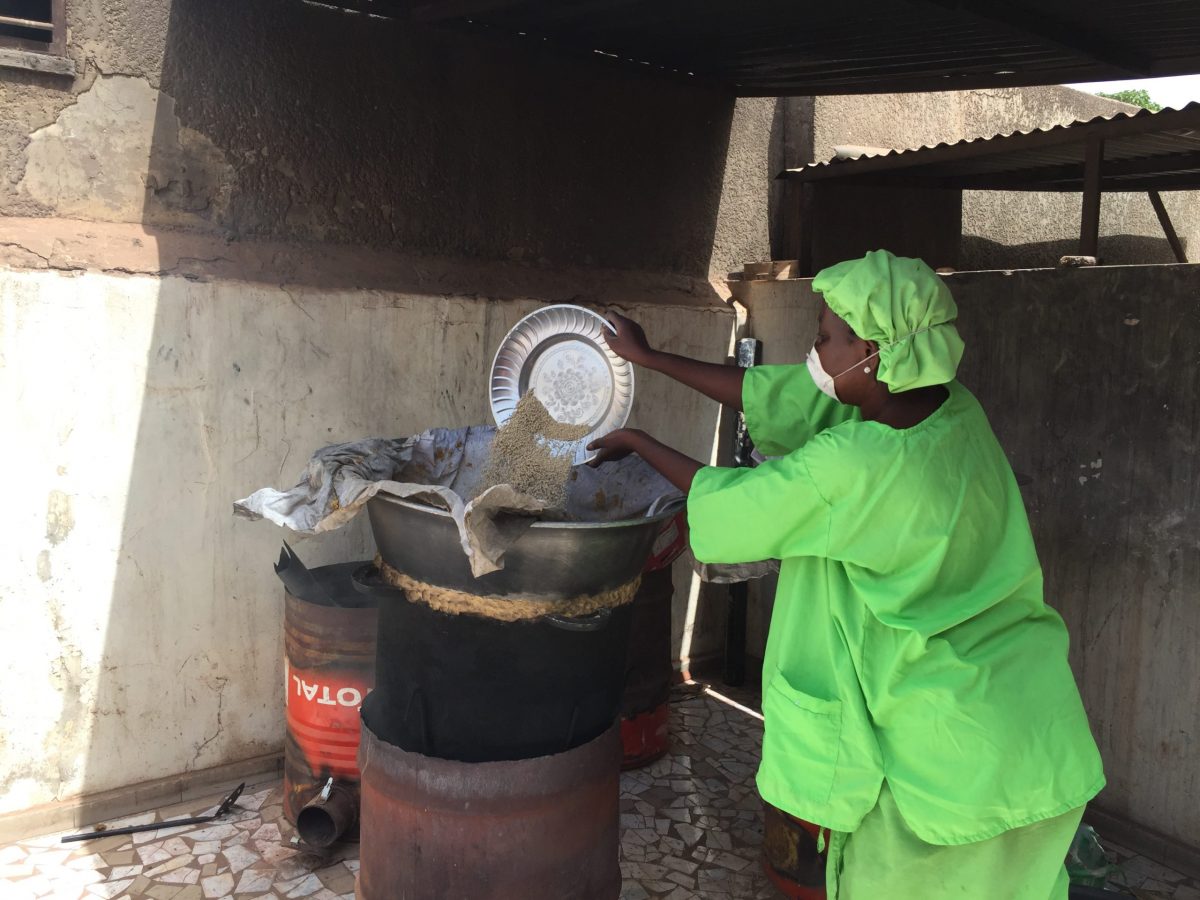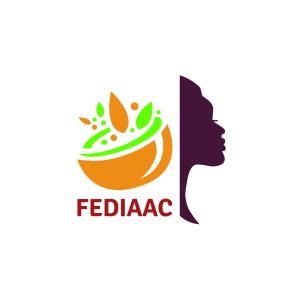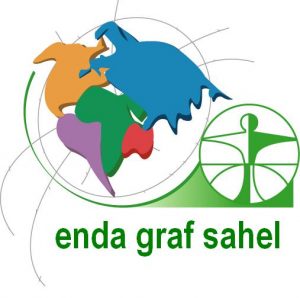FEDIAAC/WCIDFAC – Women Committed to the Inclusive Development and Food Autonomy of their Communities
WECF France is the French branch of WECF (Women Engage for a Common Future), an international ecofeminist network of organizations whose goal is "to build a healthy, sustainable world with women.


Overview of the project

Agriculture plays an important role in Senegal’s economy, involving nearly 50% of the active population and representing more than 15% of the GDP.
Faced with the consequences of climate change, the degradation of ecosystems and the depletion of natural resources, this project intends to fight against poverty and food insecurity by mobilizing and supporting 680 women market gardeners, processors and restaurateurs and 120 young people living in four communes of Dakar.
Following a diagnosis conducted in the spring of 2021, a vast training program dedicated to meeting the needs of women and youth has been built to improve their income and diversify the food supply by reinforcing their technical, economic, and environmental skills.
In addition, the links between these different actors of the food sector will be strengthened to structure the local food chain; territorial platforms will also be created.
Thanks to technical training and by enhancing the value chain between women restaurant owners, processors, and market gardeners, this project contributes to the democratization of access to quality products and women’s empowerment. Training on the advocacy component as well as a personalized support program will contribute to the effective, equal and concerted participation of women in local decision-making bodies and the development of public policies in favour of food autonomy.
The objective of the FEDIAAC project is to contribute to the creation of a local food chain to strengthen the inclusive resilience of territories affected by the pandemic.
implementation
10/01/2021 - project still in progress
The diagnosis allowed:
- Consultation with more than 240 market women gardeners, processors and restaurant owners
- Identication of the needs of the different groups and building the training program
The trainings reached:
- 680 women in the three areas of activity
- 120 women in financial and business management, decentralization, gender budgeting and women’s leadership
- 120 young people in poultry farming, saponification and production of hydroalcoholic gel
- 4 communal platforms and 1 inter-communal platform have been created in order to network women actors in the food sector and strengthen partnerships. Two of them have already organized culinary demonstrations, with about a hundred people present, including representatives of local authorities, promoting local consumption.
- Distributions of agricultural inputs, demountable canteens and solar equipment (pumps, mills and dryers) have also been organized.
Following the activities implemented, the elected officials of the intervention municipalities have made commitments to support the various players in the local food chain:
- Financial support to strengthen the working the territorial platforms, particularly for access to new equipment (canteens, etc…)
- Commitment of the mayors to make available new spaces in the communes for the development of market gardening and tabletop cultivation
- Awarding the school canteen market to members of a platform to promote the consumption of local products
- Designation of a project focal point to participate in municipal council meetings.
This project is 100% funded by the French Development Agency in response to Covid-19 pandemic.
organisation
WECF France is the French branch of WECF (Women Engage for a Common Future), an international ecofeminist network, whose goal is to “build with women a healthy, sustainable and equitable world”. We act on a local, national and international scale and articulate our missions through 3 strong axes: gender equality in connection with climate and territorial development, the Sustainable Development Goals and environmental health.
To respond to climate challenges and reduce gender inequalities, we participate with our partners in the transformation of territories through the implementation of collective projects led by women in many countries, particularly on the African continent.
in collaboration



